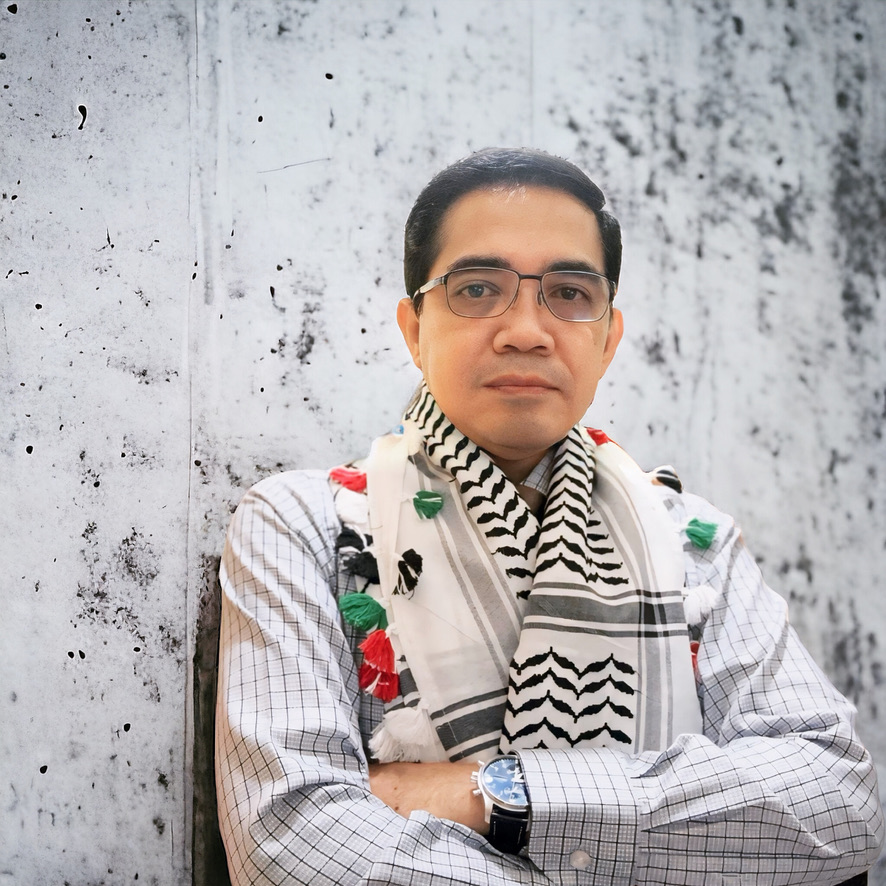The leading role of the IEEE in advancing global science and technology development is undeniable. Still, outside the circles of scientists and engineers, people are more or less blind about the IEEE activities. Interestingly, since the leadership of Prof. Gamantyo Hendrantoro and Dr. Agnes Irwanti in the IEEE Indonesia Section, the publication of IEEE’s scientific discourse has been more widely disseminated to the general public. For two consecutive years, IEEE Indonesia has brought the IEEE President to Indonesia, featuring discussions broadcasted on television to improve the interest of the Indonesian public.
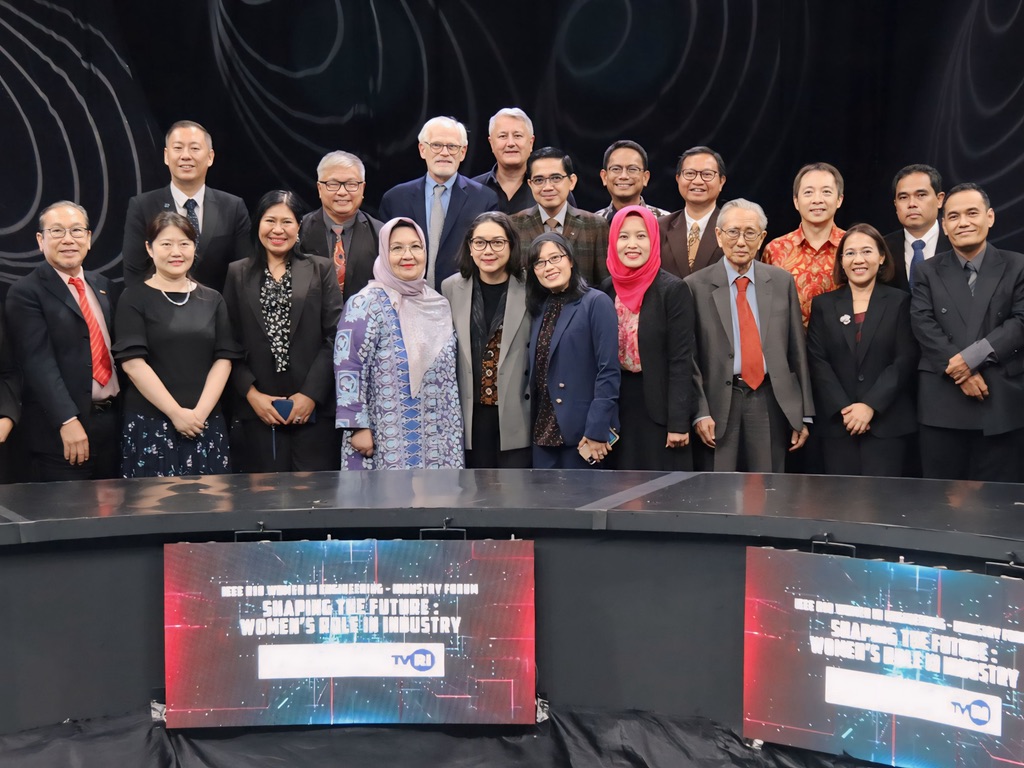
The IEEE President of 2024, Dr Tom Coughlin, paid a visit to Jakarta this week, accompanied by IEEE R10 Director Prof. Lance Fung, IEEE R10 Director-Elect Prof. Takako Hashimoto, IEEE R10 Women-in-Engineering Committee Chair Dr Agnes Irwanti, IEEE Malaysia Section Chair Dr Bernard Lim, and IEEE Indonesia Section Chair Prof. Gamantyo Hendrantoro. As part of the leadership activities, an IEEE briefing was held on the morning of May 14, followed by a talkshow broadcasted by TVRI.
The theme of the talkshow was “Shaping the Future: Women’s Role in Industry” — featuring prominent leaders from the industry, university, government, and the IEEE organisation in the region. One of them is a dear old friend of mine, Elysabeth Damayanti, the OVP of Cybersecurity at Telkom Indonesia. The talkshow started with an opening speech by Dr Agnes, and some keynote speeches from Ms Mira Tayyiba as the General Secretary of the MCI, and Dr Laksana Tri Handoko as the Head of BRIN — the Indonesian governmental centre for research.
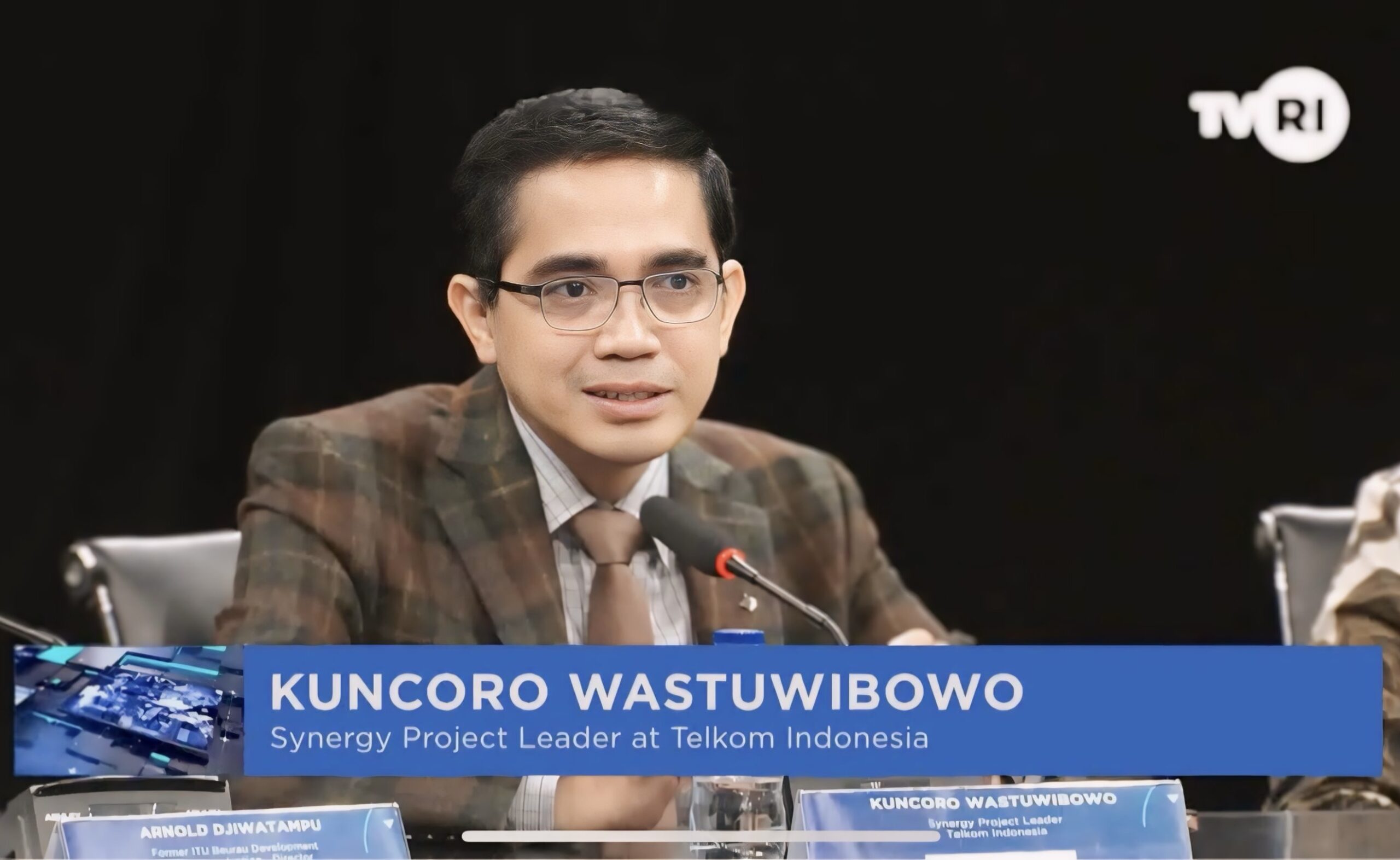
As one of the speaker of the talkshow, I started by mentioning the implications of Complexity Science: that we always recognise the diversity of the systems we are working on, where different fields, agents, participants, are all interconnected, resulting in emergence: new values, greater values, surprising values. It is how the Internet and our digital world proliferates, and how both natural ecosystems and business ecosystems sustain. This perspective naturally supports the idea of inclusivity, as different agents from various demographic groups are considered crucial for the survivability and innovativeness of all the systems we are living in, including, surely and crucially, the role of women. It is a key reason to reduce and close the gender disparity.
The WEF has released the 2023 Global Gender Gap Report, mentioning Indonesia in rank 87th out of 146 countries in gender gap. Low enough, but still ahead of some developed countries in Asia, including Japan, China, and South Korea. Indonesian score was about 68% of the gender gap closed — including the relatively low gap in health quality, medium gap in economic participation, and high gap in political empowerment.
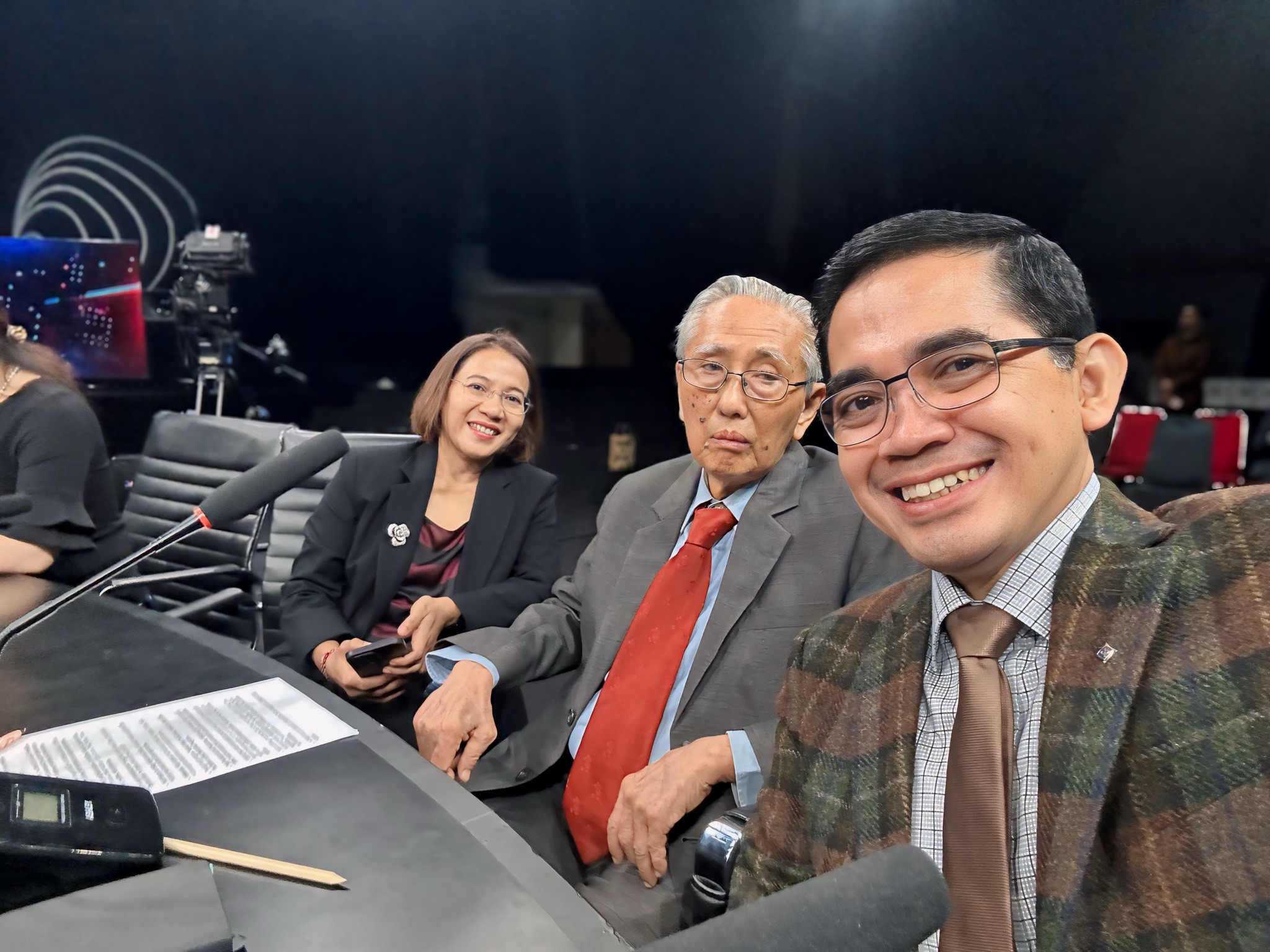
We believe that digital transformation that we are developing now, could and should plunge down the disparity. Currently we carry out the digital transformation in strategic & business level to alleviate the economy of the people from the eastern part to the western part of Indonesia; by developing platform, making some piloting implementation with the government, national industry, and then expand it. We work to to enhance MSME business, agriculture, industry, educations, etc, even to remote islands in Indonesia. It is evident, that digital platforms have provided women and men quite equally with wider access to knowledge, services, market & business opportunities. But the transformation must be carefully-planned and deployed with proper education.
Digitalisation in work processes allow us to provide better empowerment for women. It may bypass many social challenges, encouraging women to reduce the unfortunate judgement that are still existing from the traditional norms. Business transformation allow better inclusions in workplaces and business in general. It is also an opportunity for women to aggregate their commitment, capabilities, and opportunities. Use digital services to maximise collaborations, to work in partnership, to be brave take the leadership of the community, to lead the change, and to support each other both in personal level, organisational level, and cross -industry ecosystem.
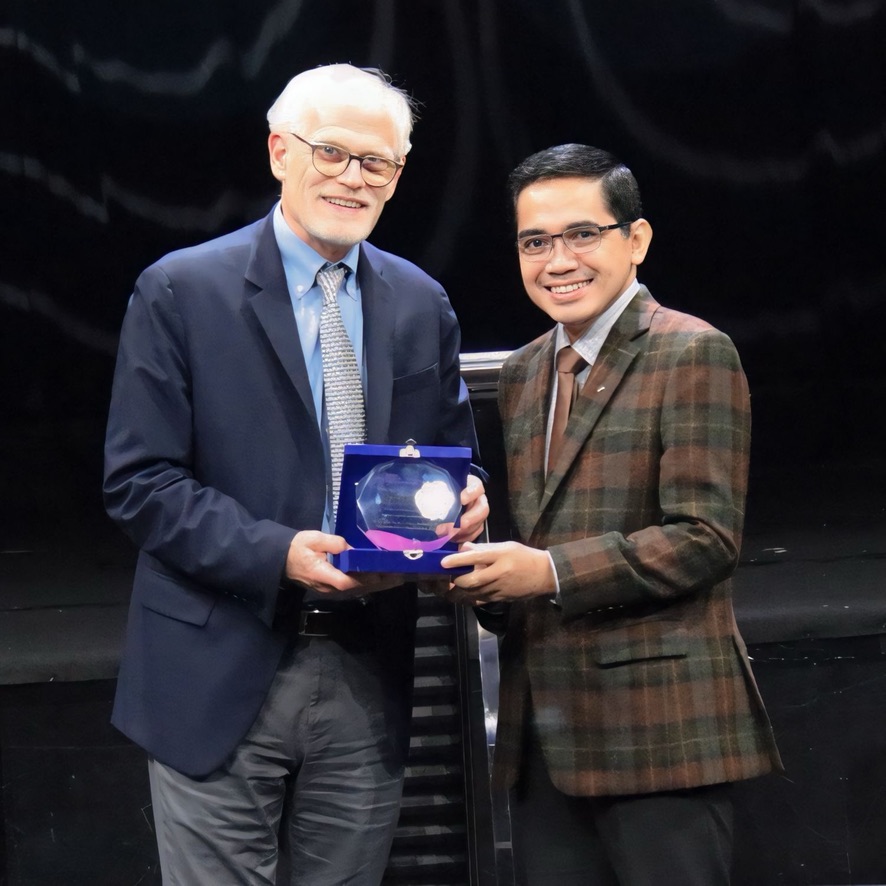
That is the one of the key. Another key is diversity & uniqueness. So, women should keep their own identity, personality, and mindsets, to preserve different perspectives & values; while opening their mindset to new cultures, different ways of think.
I spent the rest of the time to listen from the honorary speakers of this event. It is one of the most valuable day for me this year, to learn a lot from the wisdoms presented today. Hopefully the IEEE Indonesia Section will continue this valuable activities more and more in the future.


